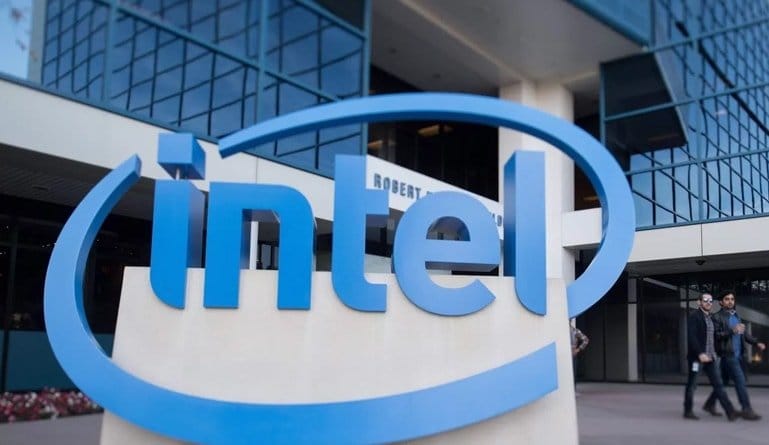A high-level security flaw has been detected in almost every Intel processor manufactured in the past decade. This flaw could be responsible for giving any hacker access to protected information system wide. The flaw is already causing havoc as the issue lies directly in Intel’s x86-6 hardware, which means that all operating systems—Windows, Linux and Mac—are going to need protection against it. Processors from other companies might also be affected by this.
As a damage control effort, programmers are expediting the process of making necessary changes to protect systems against the vulnerability on Linux and Windows operating systems.
Unfortunately, the update patches will slow system performance considerably.
Information about this bug has been kept confidential between the software and hardware vendors. The patches for the Linux Kernel have comments that have been edited, so that the hackers would not be able to pinpoint the exact weakness. The Register has formed a theory around this, stating that the flaw is on a feature called “speculative execution.”
The fact that Intel processors are available everywhere, and considering the fact that this low-level bug is present in the system for almost a decade, hackers may have learned to access countless number of machines. Although until now, researchers have not yet come forward with any example programs which show how this flaw could be exploited. However, that does not prove that hackers or the NSA have not come up with ways to exploit this loophole years ago.
The fixing of this flaw would require extremely deep and wide-reaching changes at the root levels of an operating system’s software. These changes could affect the system’s performance by as much as 30 percent. This would mean that the users will either have to work on a system with these patches, which will reduce the performance but remain secure, or they will have to buy a new computer with a different processor. Another downside would be that these performance hits won’t be just on your computer, but also the wide array of distant servers that run innumerable internet-connected services in the cloud.





